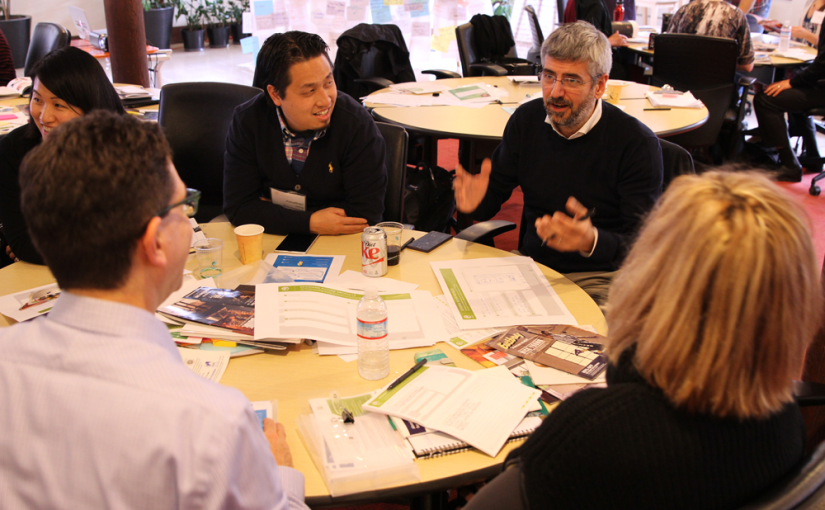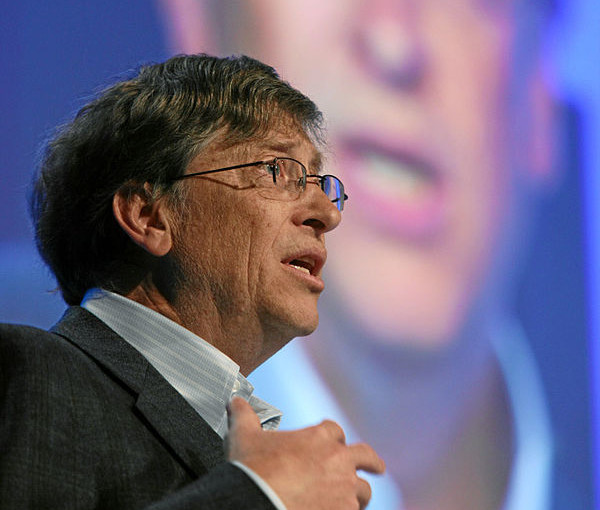Navigating the field of global philanthropy can be challenging, especially when you are an individual donor or working for a small foundation. Barriers such as identifying partners, setting clear expectations, performing due diligence and reporting, transferring funds, geography, lack of on-the-ground relationships, unstable legal and governmental structures, and the U.S. regulatory environment can stymie even the most sophisticated donor. Despite this complexity, international giving from US-based foundations, corporations and individuals is on the rise, and it is having a significant impact in reducing poverty, securing human rights, empowering communities and providing humanitarian relief. This growth requires donors to rapidly develop new skills and knowledge in order to engage in global work in a relevant, well-informed and culturally sensitive way.
Please join Philanthropy Northwest, Pangea Giving and the Northwest Global Donors Exchange for a full-day, interactive workshop that will examine key issues and considerations related to global giving. Participants will learn from philanthropic and nonprofit leaders alike and will come away with new connections with peers and a deeper understanding of the:
Evolving landscape of international giving with the context of overall philanthropic giving;
Alignment of mission, personal motivations and the intended impact of your giving;
Technical and legal differences between various pathways to give abroad; and
Strategies for identifying and vetting potential grantees.
FACILITATORS:
John Harvey holds more than 20 years’ professional experience in global philanthropy and is an acknowledged and respected leader in its advancement. As Founding Principal of Global Philanthropy Services, LLC, John offers strategic, programmatic, and talent management support to foundations and philanthropic support organizations globally. From 2011 to 2013, John served as Managing Director for Global Philanthropy at the Council on Foundations. Prior, John served for 10 years as founding Executive Director of Grantmakers Without Borders (now called EDGE Funders Alliance), a funder affinity group whose members fund social change programs globally.
When:
Thu, April 7, 2016, 9:00am to 3:30pm
PDT
Where:
Seattle, WA
Location:
2101 Fourth Avenue Suite 650 Seattle, WA 98121








